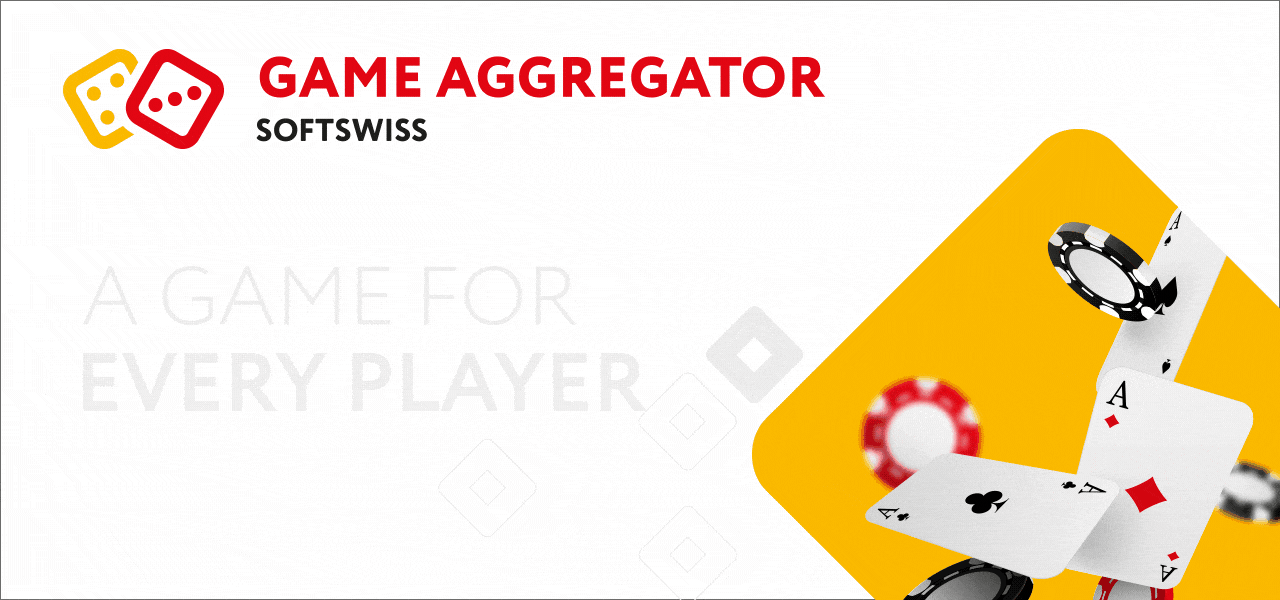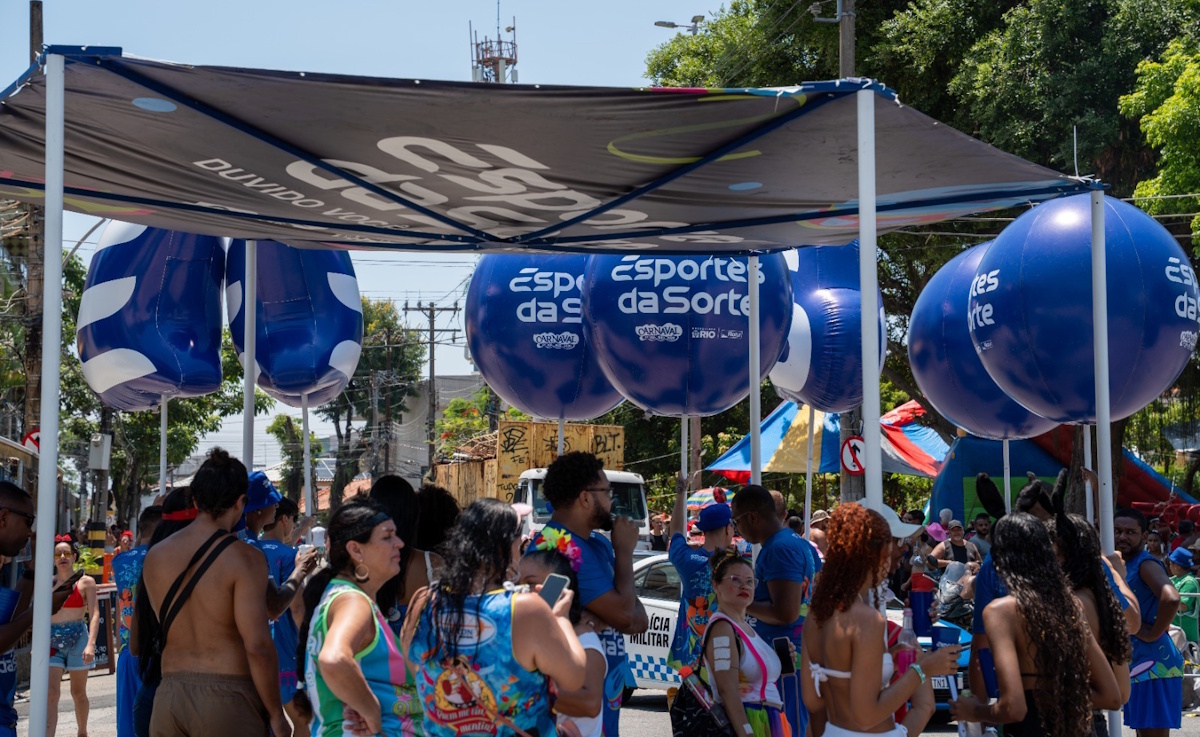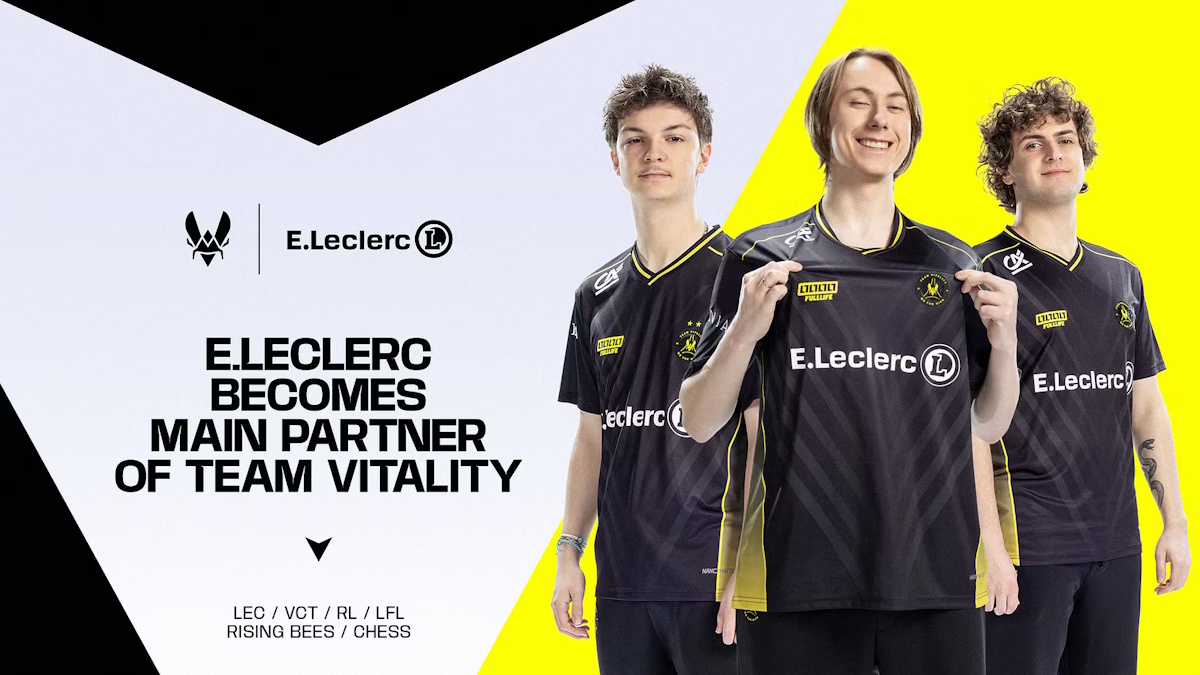eSports
Esports player engagement: Latency Vs Delay

How does latency impact the success of the esports market? Is the industry paying this issue enough attention?
Regardless of whether it’s esports or traditional sports betting, latency is a critical issue that must always be considered in your market offering. The current levels of latency and delay in esports means that punters are at a significant disadvantage when they place bets – to the point that it detracts from the overall experience. Improving latency and delay is essential to achieving parity with the broader sports betting sector, and the future growth of esports betting more broadly.
The most important differentiator between esports and traditional sports is not latency but delay. Latency only refers to the common and often unavoidable situation where the video stream is lagging behind the real time gameplay. Delay, however, is an intentional feature in esports, used as a tool to increase the Tournament Organiser’s control over the broadcast content.
Purposely inputting delay is an industry standard these days and has a direct impact on player engagement. TO’s are constantly trying to find the right balance for delay, as they need to manage competitive and betting integrity against risk, while maintaining broadcast quality.
Although the issue of latency is being handled well in industry, the issue of delay is not. Many industry stakeholders are not attempting to overcome this challenge at all. It’s not just a matter of a few seconds, but many video streams can have up to 10 minutes delay!
The scale of this issue is completely different to any latency related issues. The impact it’s having on player engagement is game changing and I believe it’s an aspect that needs a lot more attention from our sector.
How important is the tier of tournament as a factor when influencing the impact of latency or delay in betting markets?
In esports, latency levels are heavily influenced by the tier of tournament or match. The lower tier esports leagues with more niche gaming titles typically will not have an official data supplier. There is no mass data feed for everyone to access. For matches like these, the punters, operators, players and spectators are all receiving their information from one place; the online stream, meaning no unfair edge when comparing data speed to stream speed. In situations like this, nobody has an advantage, so issues of delay and latency are far less problematic.
The biggest risks to gaming integrity are usually observed in the highest tiers of esports. Top level games that are being broadcast all over the globe and have official data feeds are where the issues of latency and delay have the biggest impact.
The delay between video feed and odds feed is most disparate with MOBA (Multiplayer Online Battle Arena) games such as League of Legends or DOTA 2.
MOBA games usually consist of continuous gameplay for 40 – 50 minutes with no pauses or rounds. Even with delays of up to 5 minutes, a lot can happen that will change the dynamic of the game and moreover, change the final result. This puts the operator at a greatly increased risk, making it unfair for punters using the stream content to make bets from irrelevant odds.
Games such as Counter-Strike and Valorant are ‘rounds based’ games, meaning their gameplay is a lot more fragmented. So, with a 5-minute delay, the viewer will only be 1 or 2 rounds behind at most which is typically not enough of a window to impact the final result of an entire match. Added to this the fact that punters are only allowed to bet on one round at a time, the opportunity to benefit from the time delay is notably minimised.
What can the key stakeholders in the top tier of esports do to decrease delay in the streams whilst still upholding the highest standards to sports integrity?
In esports there will always be an element of delay to ensure broadcast quality and the integrity of competition – particularly to prevent stream sniping and cheating during games. With this in mind there are two different approaches to this: decreasing delay or aligning data with this delay.
For broadcast and integrity reasons you can only reduce the delay to a certain level, but that still doesn’t get to the heart of the problem. Punters are still behind not by seconds, but by several minutes. And it’s the top tier esports events, particularly ones with exclusive data feeds, that have the biggest disparity of information between operator and punter. Which in turn stifles the live betting potential of the biggest events of the year.
The more equitable solution for the industry would be to align the delay of the data feed with that of the stream. It sounds very simple right?
Applying this change in a way that parallels the sports betting ecosystem not only creates a fairer environment for the end user, the punter, but unlocks so many more opportunities for live engagement.
Official rights holders should think carefully and partner with companies that will create a fair ecosystem and who give betting operators the best ability to not only maximise revenues but who can deliver the best customer betting experience. This status quo has gone on for too long with suppliers of non esports specific betting products holding rights packages for some (not all) tournaments and throttling betting turnover and user experience.
Even with no perceived delay, operators using suppliers with quality products will still be able to price markets efficiently, while giving the punters a better overall experience.
How does latency impact sports integrity and how can it be improved going forward?
The answer to this question is a double-edged sword: Latency and Delay.
For esports and its general viewing experience, latency plays a key role. Most data providers are already utilising advanced technology to optimise every part of the streaming process and keep latency levels to a minimum. I don’t believe there to be too much of an issue there.
The core challenge is associated with Delay. We’ve heard from many stakeholders in the industry who say that there is a major problem with unfair betting in esports because punters are being supplied old information.
Most esports bettors prefer to watch the live match stream while betting, enhancing their in-game experience. However, when they notice that the odds on screen are not accurately reflecting the streamed gameplay, players understandably become discouraged from further engagement as the levels of credibility are impacted.
Sports integrity and fairness are important factors but not the only side effect of delay in esports. Being able to create an exciting experience for the punter is business critical. They need to be able to interact with the gameplay in as close to real time as possible. Statistics show that matches with the biggest delays also have the lowest betting volume, further demonstrating the need for improvement in this area. Latency itself is not a problem, the current industry level is under 10 seconds which is not perfect but is not problematic as most people don’t have the means or knowledge to be able to exploit that level of latency. The key to enhanced customer experience and the highest levels of sports integrity is in being able to better manage the delay, keeping the most up to date data possible displayed on the screen.
Powered by WPeMatico
Brazilian Carnival
Esportes da Sorte transforms Carnival 2026 into a nationwide immersive experience

Leading Brazilian iGaming company Esportes da Sorte has transformed Carnival 2026 into a nationwide immersive experience, activating urban art installations, hydration stations and large‑scale attractions across nine cities in Brazil. As part of its expanded cultural engagement strategy, the brand is serving as an official sponsor in key Carnival locations and delivering experiential initiatives designed for revelers in the streets and major public spaces.
Esportes da Sorte’s nationwide platform builds on its history of investing in popular culture and public events, moving beyond traditional branding to create meaningful on‑site activations that enhance the urban environment and respond to the unique character of each city’s Carnival celebrations.
In Rio de Janeiro, the company’s efforts focus on the street Carnival experience with hydration points, cool zones and shaded areas in high‑traffic celebration routes. São Paulo’s megabloc circuits feature water trucks, hydration stations and on‑site urban support.
In Recife Antigo, one of Carnival’s cultural centers, Esportes da Sorte installed a standout Ferris wheel at Marco Zero, offering panoramic views of the festivities and historic landscape. Urban transformations like video mapping on iconic buildings and aerial installations along Rua Marquês de Olinda further blend public space with the Carnival experience.
Other cities such as Olinda and Salvador also feature tailored activations, including sensory design, refreshment tunnels and themed artistic displays that align with local traditions and festival dynamics.
In addition to physical structures, the initiative includes a robust communications strategy, sensory activations, public well‑being supports and content campaigns that amplify the carnival‑street experience across digital and traditional media.
According to Germana Casal, Production Coordinator at the Esportes Gaming Brasil Group, the goal is to “be present in a meaningful way at the country’s biggest popular celebration,” respecting each city’s identity and delivering initiatives that improve the Carnival experience for participants.
Esportes da Sorte’s Carnival 2026 project builds on the brand’s presence at more than 100 Carnival parties and street blocos in 2025, reinforcing its leadership role in Brazil’s largest cultural event and deepening its connection with urban celebration culture nationwide.
The post Esportes da Sorte transforms Carnival 2026 into a nationwide immersive experience appeared first on Eastern European Gaming | Global iGaming & Tech Intelligence Hub.
chess esports
Team Vitality announces E.Leclerc as new Main Partner

Team Vitality, one of France’s leading esports organizations, has announced a strategic new partnership with French retail giant E.Leclerc, naming the supermarket chain as the club’s Main Partner for 2026.
Under the agreement, E.Leclerc’s logo will feature prominently on Team Vitality’s international team jerseys, including rosters for League of Legends (LEC and LFL), Valorant (VCT EMEA), Rocket League, Rising Bees and Chess.
Shared Values and Fan Initiatives
The partnership aims to promote accessibility, wellness, and nutrition within the esports community, while bringing gaming culture into E.Leclerc retail spaces through immersive experiences, tournaments and activations designed to engage fans across France.
Team Vitality’s holistic wellbeing program, KARE, which supports performance, nutrition and mental health, aligns closely with E.Leclerc’s focus on responsible lifestyle initiatives. Together, they plan to champion inclusivity, provide unique gaming opportunities, and celebrate esports culture in both digital and physical environments.
With a global audience exceeding 10 million followers, Team Vitality’s influence in competitive gaming makes this partnership a landmark moment for both brands. E.Leclerc’s commitment to youth engagement and cultural connection positions the retailer as a significant non‑endemic supporter of the growing esports ecosystem.
Nicolas Maurer, CEO and Co‑Founder of Team Vitality, described the alliance as a historic milestone that will broaden esports’ reach across everyday life in France and reinforce its cultural legitimacy.
The post Team Vitality announces E.Leclerc as new Main Partner appeared first on Eastern European Gaming | Global iGaming & Tech Intelligence Hub.
AI chatbot esports
G2 Esports and Theta Labs Launch AI Agent Sami

G2 Esports has partnered with Theta Labs to launch “Sami,” a next-generation AI agent designed to enhance fan engagement across multiple competitive esports titles.
The AI-powered assistant will provide G2’s global fanbase with instant access to match schedules, player stats, team rosters, tournament standings, and real-time competitive updates. Sami supports major titles including League of Legends, Counter-Strike 2, VALORANT, Tom Clancy’s Rainbow Six Siege, and Call of Duty.
Accessible via the official G2 website and Discord starting February 17, Sami is built to deliver accurate, always-on responses to fan queries in natural language. From tournament updates to player performance metrics and G2-specific trivia, the AI agent reflects the organization’s unique brand voice and competitive culture.
AI-Powered Fan Engagement at Scale
Sami is trained and deployed using Theta EdgeCloud’s hybrid cloud-edge infrastructure, which integrates over 30,000 distributed edge nodes with cloud services from Google Cloud and Amazon Web Services. The system delivers approximately 80 PetaFLOPS of GPU compute power, enabling real-time processing and analysis at significantly reduced costs compared to traditional centralized cloud platforms.
The AI infrastructure dynamically assigns workloads to high-performance GPUs, including NVIDIA A100 and H100 cloud GPUs, as well as RTX 3090 and 4090 desktop GPUs, optimizing performance and cost efficiency. This decentralized architecture allows G2 to scale fan engagement globally while maintaining low latency and high reliability.
Strengthening Esports AI Innovation
Theta Labs has rapidly expanded its presence in the esports industry, powering AI-driven fan experiences for organizations such as Cloud9, FlyQuest, Evil Geniuses, NRG, Gen.G, Dignitas, 100 Thieves, Method, and Team Heretics.
According to Mitch Liu, CEO of Theta Labs, esports fans increasingly demand instant access to team data and competitive updates. AI agents like Sami enable organizations to provide 24/7 automated engagement while maintaining a unique community personality.
Sabrina Ratih, COO of G2 Esports, emphasized that Sami is more than a standard chatbot. Built to reflect G2’s playful and competitive tone, the AI assistant combines advanced machine learning with brand-driven communication to deliver both entertainment and functionality.
The Future of AI in Esports
The launch of Sami positions G2 Esports at the forefront of AI-driven fan engagement in competitive gaming. By leveraging decentralized GPU infrastructure and blockchain-powered cloud computing, the partnership with Theta Labs signals a broader industry shift toward scalable, cost-efficient AI solutions for esports organizations.
As AI integration becomes a competitive differentiator in esports, solutions like Sami are expected to redefine how teams interact with their global communities in real time.
The post G2 Esports and Theta Labs Launch AI Agent Sami appeared first on Eastern European Gaming | Global iGaming & Tech Intelligence Hub.
-

 Blueprint Gaming6 days ago
Blueprint Gaming6 days agoBlueprint Gaming unleashes Frankenstein’s Fortune blending dynamic modifiers with multi-path bonus offering
-

 Compliance Updates7 days ago
Compliance Updates7 days agoHow to Apply for a Finnish iGaming License: Gaming in Finland Webinar on Application Steps and Technical Standards
-

 Big Daddy Gaming7 days ago
Big Daddy Gaming7 days agoBig Daddy Gaming® Expands European Footprint After MGA Licence Approval
-

 Latest News4 days ago
Latest News4 days agoGGBET UA hosts Media Game – an open FC Dynamo Kyiv training session with journalists from sports publications
-

 Compliance Updates6 days ago
Compliance Updates6 days agoMGA Publishes Results of Thematic Review on Self-exclusion Practices in Online Gaming Sector
-

 Amusnet6 days ago
Amusnet6 days agoAmusnet Unveils Casino Engineering and Technology Milestones Achieved in 2025
-

 Brais Pena Chief Strategy Officer at Easygo7 days ago
Brais Pena Chief Strategy Officer at Easygo7 days agoStake Goes Live in Denmark Following Five-Year Licence Approval
-

 Dan Brown6 days ago
Dan Brown6 days agoGames Global and Foxium return to the Colosseum in Rome Fight for Gold the Tiger’s Rage™



















